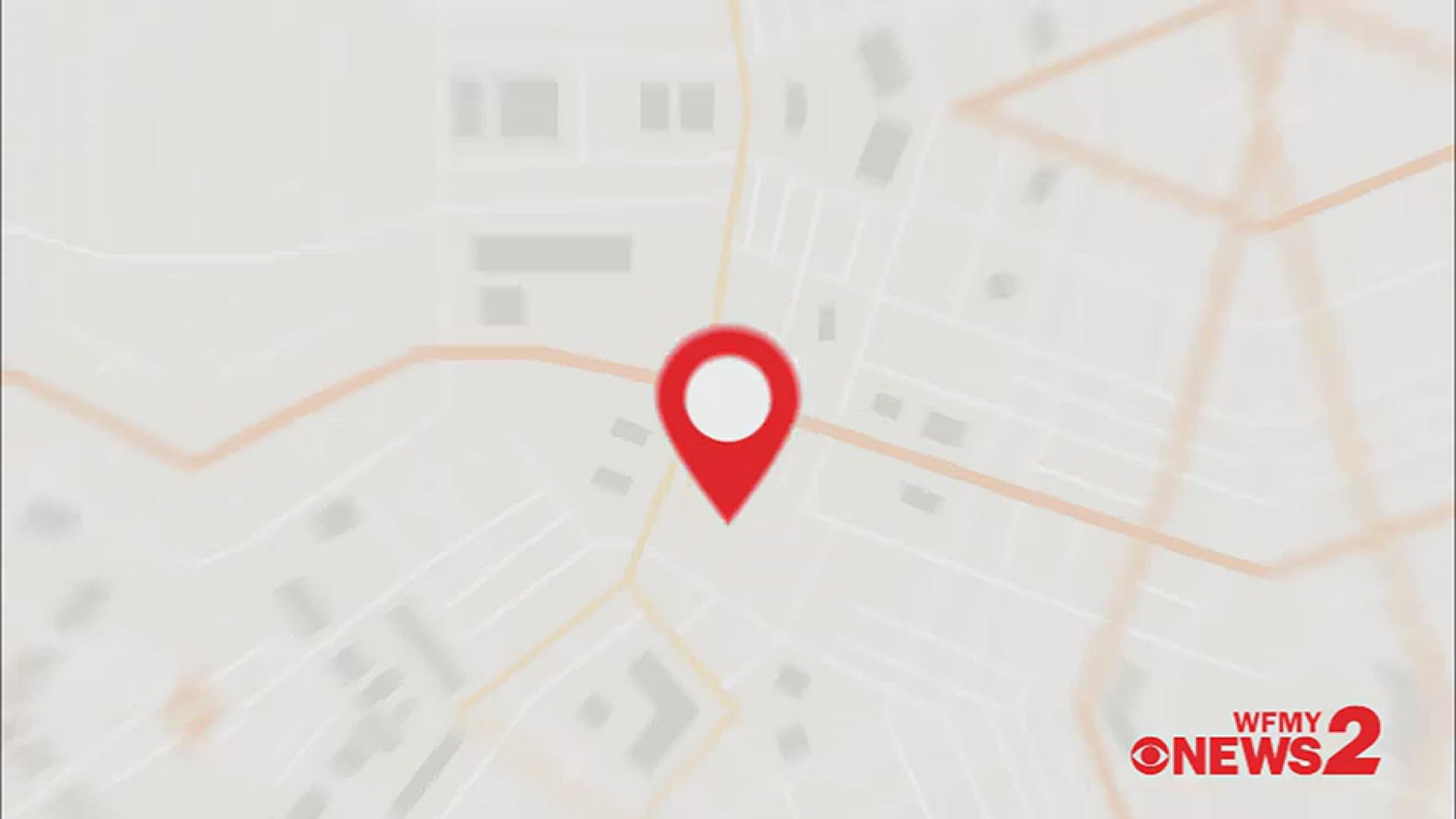GREENSBORO, N.C. — It could sound spooky, that’s the sound of howling coyotes.
The North Carolina Wildlife Commission said you will hear coyotes howling just in time for Halloween. It means the younger coyotes are on the move. Wildlife officials said young coyotes are leaving their parents’ territory to establish their own. They can even wander long distances up to 300 miles before settling down to find a mate. They said the young pups will often travel together before splitting off in search of their mate. They will yip, howl, and bark to keep track of each other. Wildlife officials said they vocalize rapidly and it can make two coyotes sound like twenty.
“These days coyotes are common across North Carolina, even in residential areas, though they can be very good at not being seen. Hearing or seeing one is no cause for surprise or alarm,” said Falyn Owens, the agency’s extension biologist. “Coyotes usually try to avoid people as much as possible.”
Wildlife officials warn, “coyotes are opportunists and their typical standoffish behavior toward people can turn indifferent if they regularly get food near where people live and work.”
Wildlife officials said to make sure you do the following to make your neighborhood or home becomes less attractive to coyotes.
- Supervise small pets when they’re outside, especially around dawn and dusk.
- Keep cats indoors and poultry in a predator-proof pen.
- Feed pets indoors or remove all food when a pet is finished eating outside.
- Store food waste in secure containers with tight-fitting lids.
- Keep birdseed off the ground around feeders or choose to attract birds with native plants.
- Intimidate and scare off any coyotes. Throw small objects in their direction, make loud noises, or spray them with a water hose until they retreat and leave the area.
Owens said to make sure to eliminate easy food sources.
“They’re territorial animals, so they understand when they’re overstepping their bounds into an area that doesn’t belong to them. Actively scaring off coyotes helps show them where they’re not welcome,” Owens said.
For more information about coyotes in North Carolina, visit the Wildlife Commission’s coyote page or call the agency’s N.C. Wildlife Helpline toll-free at 866-318-2401, Monday through Friday (excluding holidays), 8 a.m. to 5 p.m.
Coyotes can be hunted year-round and can be trapped during the statewide regulated trapping season Nov. 1 through the end of Feb.

